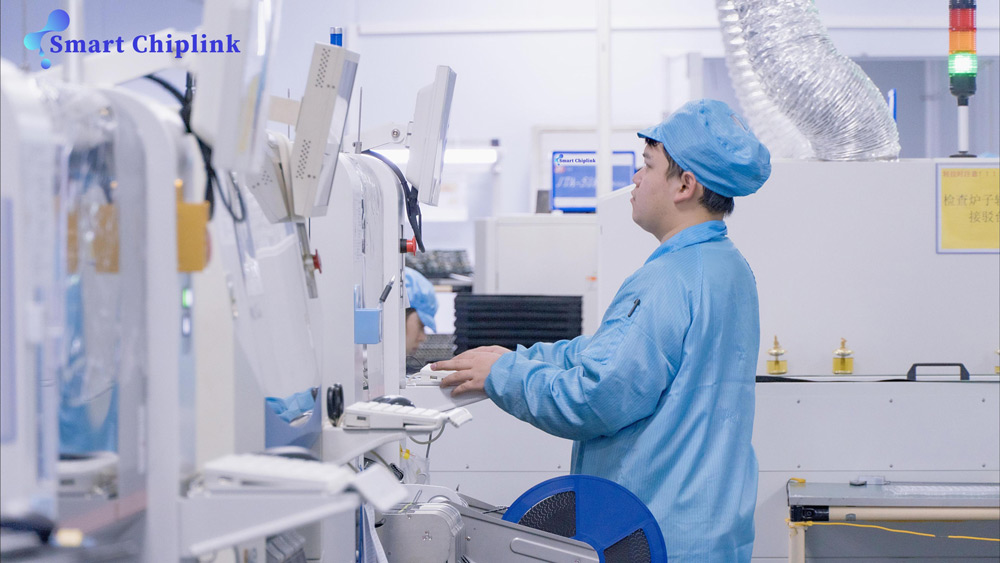In today's era of increasing popularity of electronic products, the manufacturing and assembly services of printed circuit boards (PCBs) have become an important cornerstone supporting the electronics industry. From smartphones to automotive electronics, from medical devices to industrial control systems, PCBs are everywhere. In recent years, with the advancement of technology and the increase in market demand, PCB manufacturing and assembly services are undergoing profound changes, driving the innovation and upgrading of the global electronics industry.
PCB manufacturing: from traditional processes to intelligent production
The core of PCB manufacturing is to convert design drawings into actual circuit boards. This process includes multiple steps such as graphic transfer, etching, electroplating, drilling and lamination. The traditional PCB manufacturing process relies on manual operation and experience accumulation, and the production efficiency is relatively low. However, with the development of automation and intelligent technology, PCB manufacturing is moving towards a more efficient and precise direction.
The introduction of automated production lines and robotics has greatly reduced manual intervention in the PCB manufacturing process and significantly improved production efficiency. At the same time, the application of intelligent testing equipment and big data analysis technology has made quality control in the production process more accurate and the yield rate of products has been continuously improved. This not only reduces production costs, but also improves the market competitiveness of products.
PCB assembly: from manual soldering to fully automated assembly
PCB assembly service is the process of installing electronic components on circuit boards, including multiple links such as patching, soldering and testing. Traditional PCB assembly mainly relies on manual operation, which is easily affected by human factors, and production efficiency and product consistency are difficult to guarantee. With the development of miniaturization and high integration of electronic products, traditional manual assembly methods can no longer meet market demand.
In response to this challenge, fully automated PCB assembly technology has emerged. The application of automatic placement machines and reflow soldering technology has greatly improved the speed and accuracy of PCB assembly. At the same time, the introduction of advanced inspection technologies such as automatic optical inspection (AOI) and X-ray inspection (X-ray Inspection) has better guaranteed the quality of products. These technological advances have not only improved production efficiency, but also greatly improved product reliability and consistency.
Market demand drives technological innovation
With the rapid development of emerging technologies such as the Internet of Things, artificial intelligence and 5G, the market demand for high-performance and high-reliability PCB products continues to increase. This trend has promoted the continuous innovation and progress of PCB manufacturing and assembly technology. For example, to meet the needs of 5G communication equipment for high-speed and high-frequency circuit boards, low-loss and high-frequency materials and processes have been developed. For another example, to meet the needs of new energy vehicles and intelligent driving systems, high-reliability and high-heat-resistant PCB products have been developed.
In addition, the requirements of environmental protection and sustainable development have also prompted PCB manufacturing and assembly services to develop in the direction of green and environmental protection. For example, reducing the use of harmful chemicals, promoting lead-free soldering technology, and improving the recycling rate of materials.
In the future, PCB manufacturing and assembly services will continue to develop in the direction of intelligence, automation and greening. The further development of intelligent manufacturing technology will make the production process more efficient, flexible and personalized, and better meet the diverse needs of different customers. At the same time, the rise of the global collaborative manufacturing model will make PCB manufacturing and assembly services more globalized, promote technical exchanges and cooperation among multinational companies, and jointly promote the progress and development of the electronics industry.
In short, as a key link in the electronics industry, PCB manufacturing and assembly services are welcoming new development opportunities through technological innovation and industrial upgrading. With the continuous advancement of technology and the continuous changes in market demand, PCB manufacturing and assembly services will continue to play their indispensable and important role and promote the global electronics industry to a new peak.

 English
English




